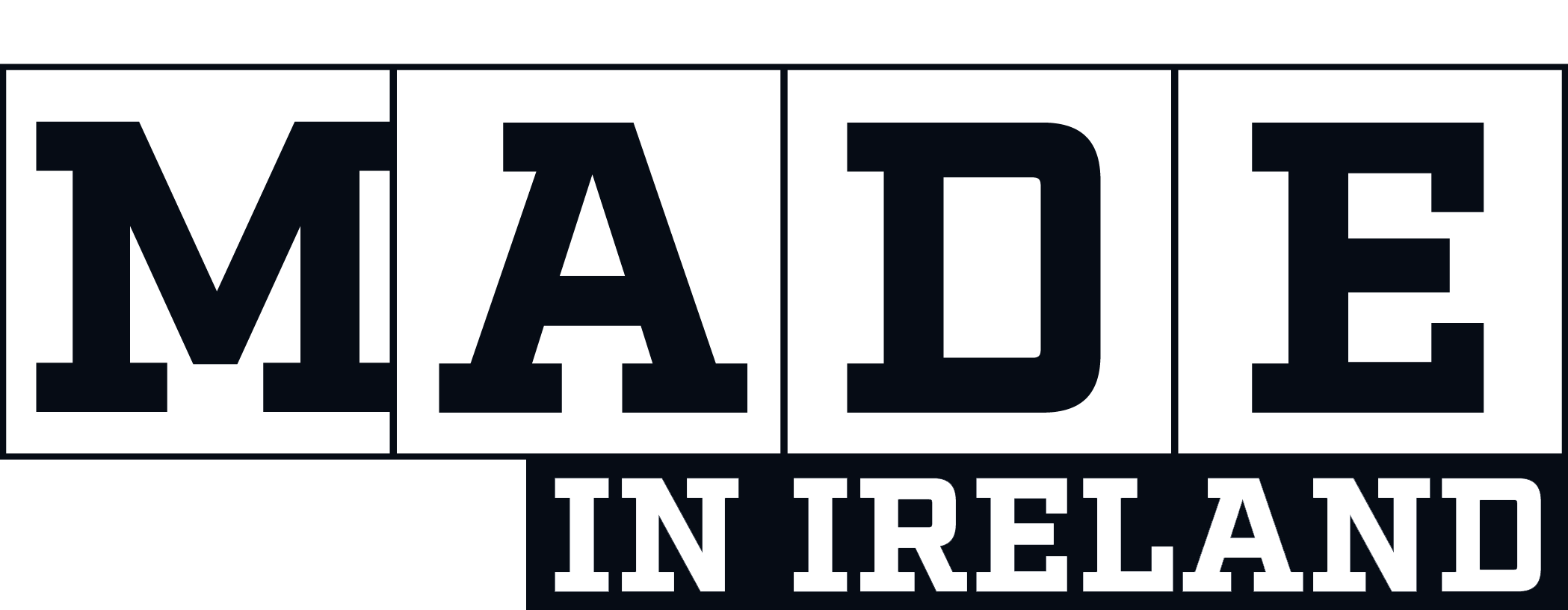Hyster-Yale designs, engineers, manufactures, markets and services a comprehensive line of lift trucks and aftermarket parts marketed globally primarily under the HysterTM and YaleTM brand names. The Hyster-Yale site in Craigavon in Northern Ireland is responsible for a wide range of direct component production and assembly activities, including the need to assess multiple families of parts, with a percentage received from external suppliers.
This demands a rigorous level of quality control, which falls under the responsibility of John Shaw, Superintendent for the quality department in Craigavon. John has been with Hyster-Yale for almost four decades and has both watched and driven the development of the business’ quality processes, from the days of measurement with vernier calipers, micrometers and tape measures through to the use of more modern devices like full-size CMMs and portable measuring arms.
John and his team’s first foray into portable measuring arm technology involved purchasing a system from one of Hexagon’s competitors, but this solution didn’t live up to expectations, with the very high cost of ownership cited as a particular reason to move on to a better solution.
The introduction of laser scanning with the Absolute Arm has also been beneficial from a cost saving perspective. Processes that used to take 8 hours to complete with manual methods are now completed in as little as 40 minutes, including programming.
John estimates that the new portable measuring arm system is split about 70/30 between time in the quality room checking manufactured and acquired components and moving around the facility – on the assembly lines for fixtures, in the weld shops, at the cylinder plant or in the product development area. The latter is where reverse engineering work at Hyster-Yale is carried out, specifically for the development of tubes and hoses and brackets.
One area that scanning with the Absolute Arm has allowed for an increase in activity and an improvement of outcomes has been with the measurement of the fixtures that are manufactured onsite. The arm has really enhanced the team’s capabilities in this regard, and the data collected is often now used for preventative maintenance purposes.
John and his team are also currently involved in piloting new products. With the Absolute Arm they’re able to measure directly within pilot areas, checking for clearance and fits – this is much more efficient than previously.
The transition to the new Absolute Arm was relatively straightforward for John’s team, with training taking approximately a week before the team was up and running. Two people onsite were already well-experienced with PC-DMIS thanks to the use of the GLOBAL CMM system, and they were sent for additional training on creating new models for use when scanning with the new arm.




